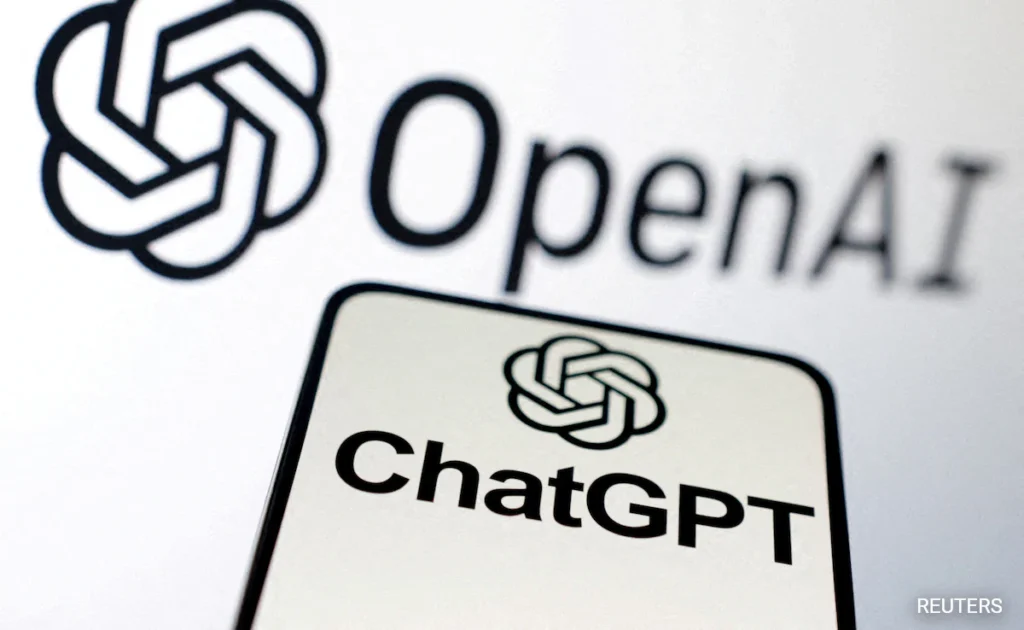Alec Radford, a key researcher behind OpenAI’s AI advancements, has been subpoenaed in an ongoing copyright lawsuit against the company, according to a court filing on Tuesday. The filing, submitted to the U.S. District Court in the Northern District of California, states that Radford was served the subpoena on February 25.
Radford, who departed OpenAI late last year to pursue independent research, played a crucial role in the development of generative pre-trained transformers (GPTs), which power OpenAI’s flagship products like ChatGPT. He was the lead author of OpenAI’s groundbreaking research paper on GPTs and also contributed to projects like Whisper, a speech recognition model, and DALL-E, an AI image generator.
The lawsuit, titled re OpenAI ChatGPT Litigation, was filed by authors including Paul Tremblay, Sarah Silverman, and Michael Chabon, who claim OpenAI used their copyrighted work without permission to train its AI models. They further argue that ChatGPT reproduces portions of their works without attribution, constituting infringement.
Last year, the court dismissed two of the plaintiffs’ claims but allowed the case for direct copyright infringement to proceed. OpenAI, however, maintains that its training practices fall under fair use, a legal defense often cited in AI-related copyright disputes.
Radford isn’t the only former OpenAI employee under legal scrutiny. Plaintiffs’ attorneys have also sought depositions from Dario Amodei and Benjamin Mann, both former OpenAI researchers who later founded Anthropic. Amodei and Mann have resisted, arguing the demands are excessive.
A U.S. magistrate judge recently ruled that Amodei must undergo hours of questioning regarding his work at OpenAI, as part of two copyright cases, including one filed by the Authors Guild. The case remains a significant legal battle over AI and intellectual property rights.



